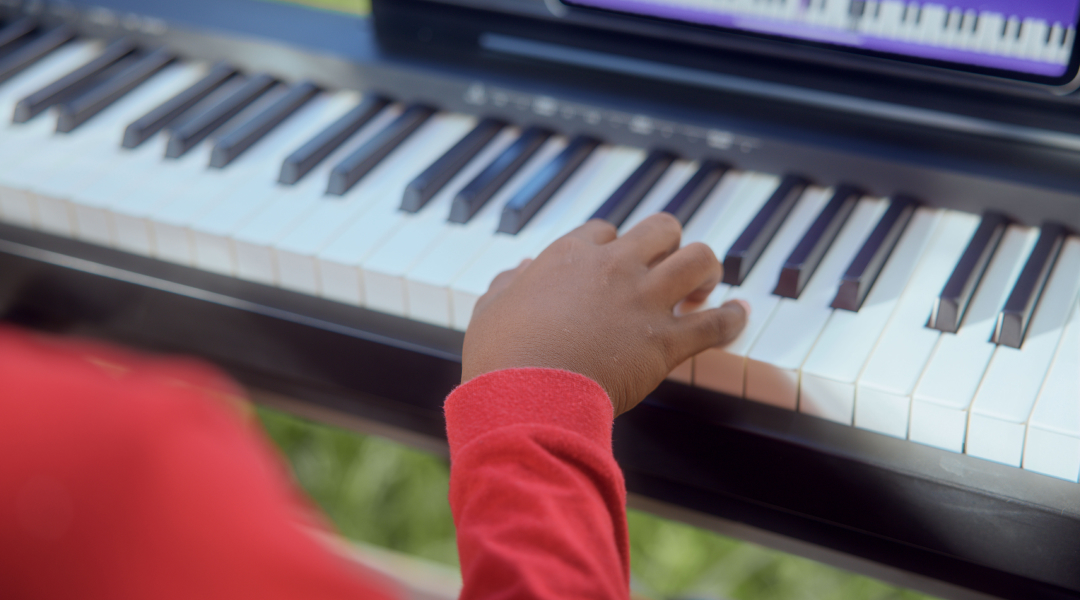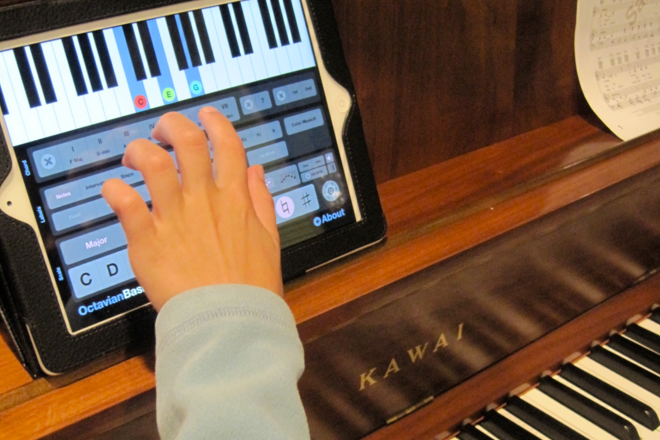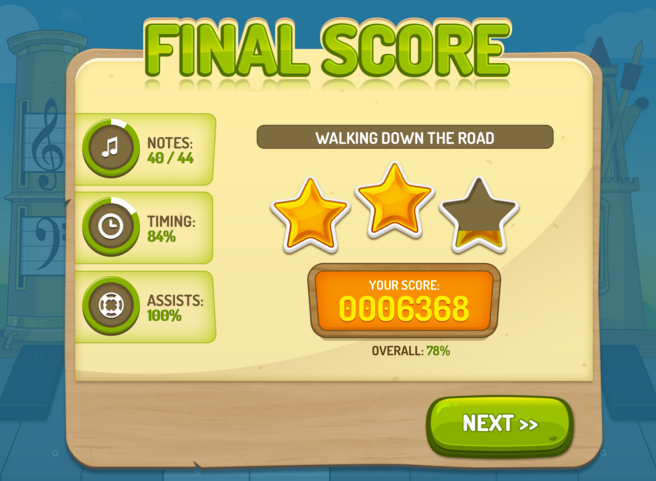Learning To Play Music: The Phenomenon of Muscle Memory
What Exactly is Muscle Memory?
Muscle memory is an amazing thing when it comes to learning to play music. It doesn’t actually record or retain a memory in your muscle, but rather the nerves associated with that muscle. Essentially, when you repetitively practice a movement, you are changing the way your brain reacts to these movements resulting in quicker, repeated motions. You’re actually expanding your brainpower!
The Beauty of Muscle Memory
Just like anything you do in life, the more you do it, the easier it gets. Muscle memory can stay with you for a very long time. Like the old phrase says, “it’s just like riding a bike”, so you’ll regain your muscle memory quicker than if you were starting from scratch.
In fact, skilled pianists use their motor network less than inexperienced pianist when it comes to complex hand movements. Just like running or walking, the movements become programmed and you no longer think, you just do! Taking it a step further, because muscle memory has already been formed when it comes to more experienced pianists and they do without thinking, this actually frees up time to focus on developing other skills.
Learning vs. Practicing
Here’s a really nice way to break down how you learn to play an instrument. Since muscle memory is built through strict repetition, the process of building up your muscle memory is actually the learning phase. Until you play something consistently correct, only then is it safe to say you’re practicing it. You must practice something in order to build muscle memory, meaning that muscle memory is only developed once you’re in the practicing phase.
Improve Your Muscle Memory With These Tips
- Practicing twice a day and with shorter intervals between practice sessions, greatly increases your muscle memory!
- Practice slowly. This is the best way for your brain and muscles to learn.
- Set a timer or alarm and put it away from your field of vision so you aren’t focused on time and when the session will be over.
- The TV method. Sounds unconventional but in reality, well rehearsed repetitive actions are actually practiced better with TV on in the background (low to no volume). This strictly works the muscle memory in a distracting environment.
Be careful
If you don’t bother correcting your mistakes during the learning phase, you’ll soon form the wrong muscle memories. This will be extremely difficult to correct later on and I can probably bet you don’t want to spend numerous hours correcting these bad habits.
See Also: 3 Ways Playing an Instrument is like Working Out
In the long run, it’s easier to learn something right the first time than correcting it later on once your muscle memory is in full swing. Correct those memory mishaps right away because your memory will adapt to those mistakes. You shouldn’t be practicing something/learning it until you get it right but rather until you can’t get it wrong.
Remember, your muscles will be there for you as much as you practice!









